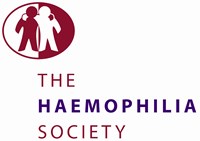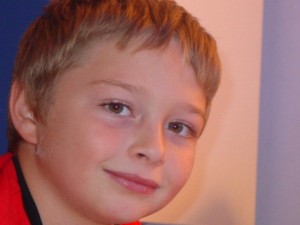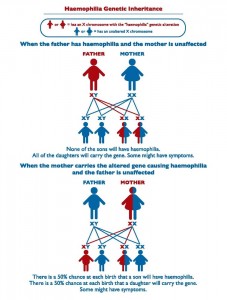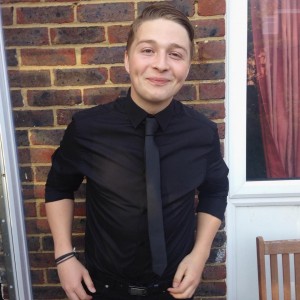For my third story, I took inspiration from my own family and my younger brother, Riley. Riley’s 18 and was born with a genetic disorder known as Haemophilia B, I sat down with Riley to talk about what it was like growing up with a form of Haemophilia and how it affected him day to day.
“Growing up with Haemophilia definitely effected my childhood, when I think of my childhood memories they often consist of visits to hospitals and appointments and lots of needles!”
Haemophilia is an inherited genetic disorder passed down on the X gene, for example because our granddad suffered from it, he passed in onto our mum, who in turn passed it on to Riley when he was born. Riley’s specific form of Haemophilia, Haemophilia B, means he’s lacking the clotting protein, factor IX. This prohibits his body from producing blood clots, due to this thinning of the blood, so when he gets an injury, it’s almost always a big deal and treating these injuries always included several injections for him, where he is given a clotting agent to lessen blood flow. Although this may not sound particularly invasive, having, and being treated for the disorder has still affected his life on a day to day basis.
“As a kid, I would often end up in hospital for even minor injuries, because I would need factor IX doses. From falling over in the playground and receiving a few small bruises, to larger more dangerous joint bleeds in my knees, you always had to be safe rather than sorry. Which would often lead to people being super cautious around me or wrapping me in cotton wool.”
Riley often had to take days off whilst at school, due to travelling 80 miles to the London to see specialist doctors. He said “It often made me feel isolated and different, I didn’t really talk to my friends about my Haemophilia so a lot of them didn’t really understand it. Quite often people would just assume that if I get a cut I’m going to instantly bleed out and die, even worse when they were ignorant enough to assume it’s contagious. Which it’s not!”
As a kid, Riley was often not allowed to play many sports, especially if those sports involved physical contact. Which was a struggle for him as he really enjoyed partaking in many different sports.
“I wish I had been less wrapped up in cotton wool, I wish Haemophiliac kids could just be involved like any of child would be. That they could join in on contact sport even if that meant having factor onsite just in case.”
I wanted to finish off the interview by asking Riley, if he could let everyone know one thing about his disorder to make them more aware, what would it be, to which he said:
“I wish it could be more normalised, just because I have Haemophilia doesn’t mean in not capable of being a functioning member of society.”



